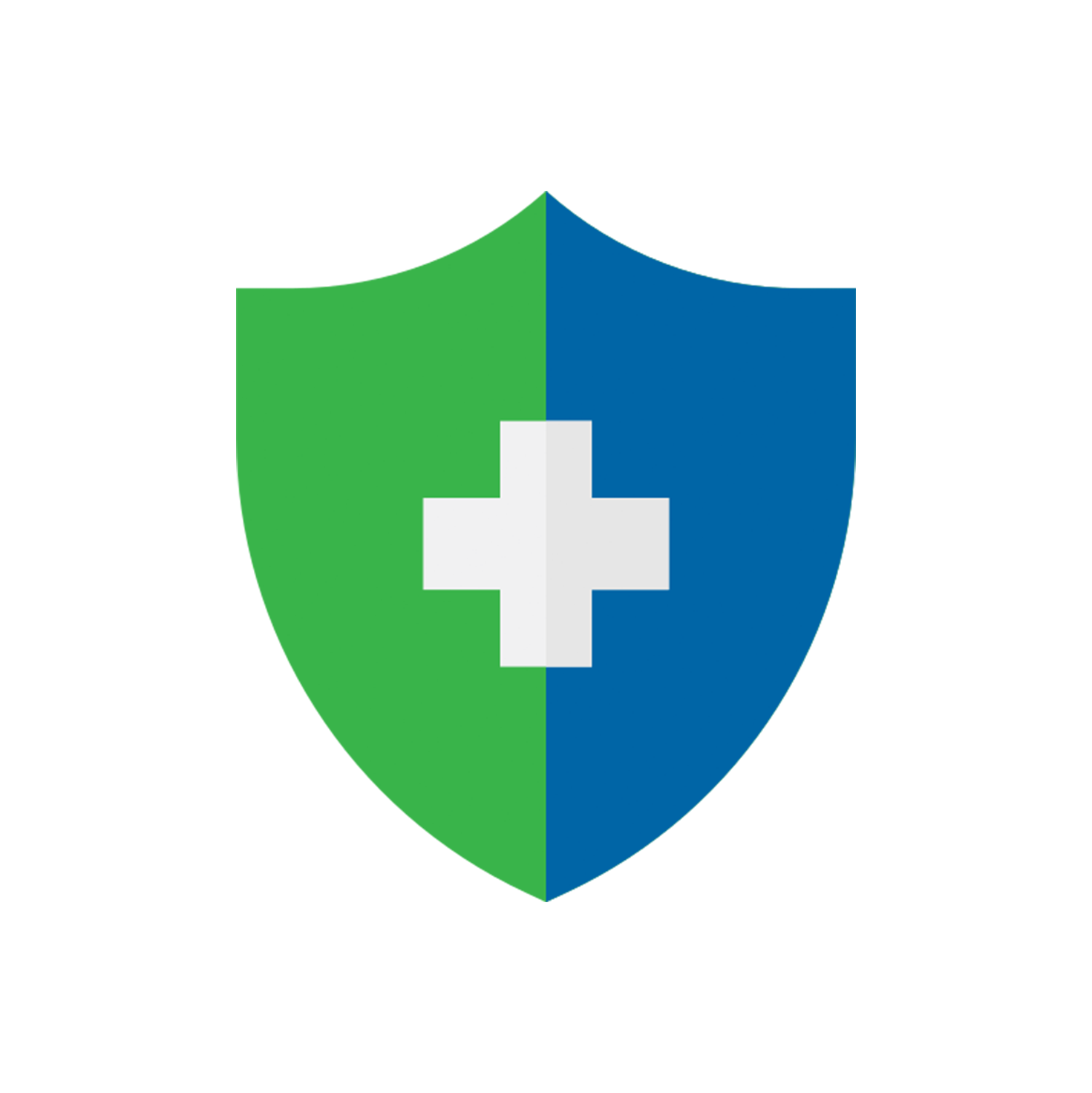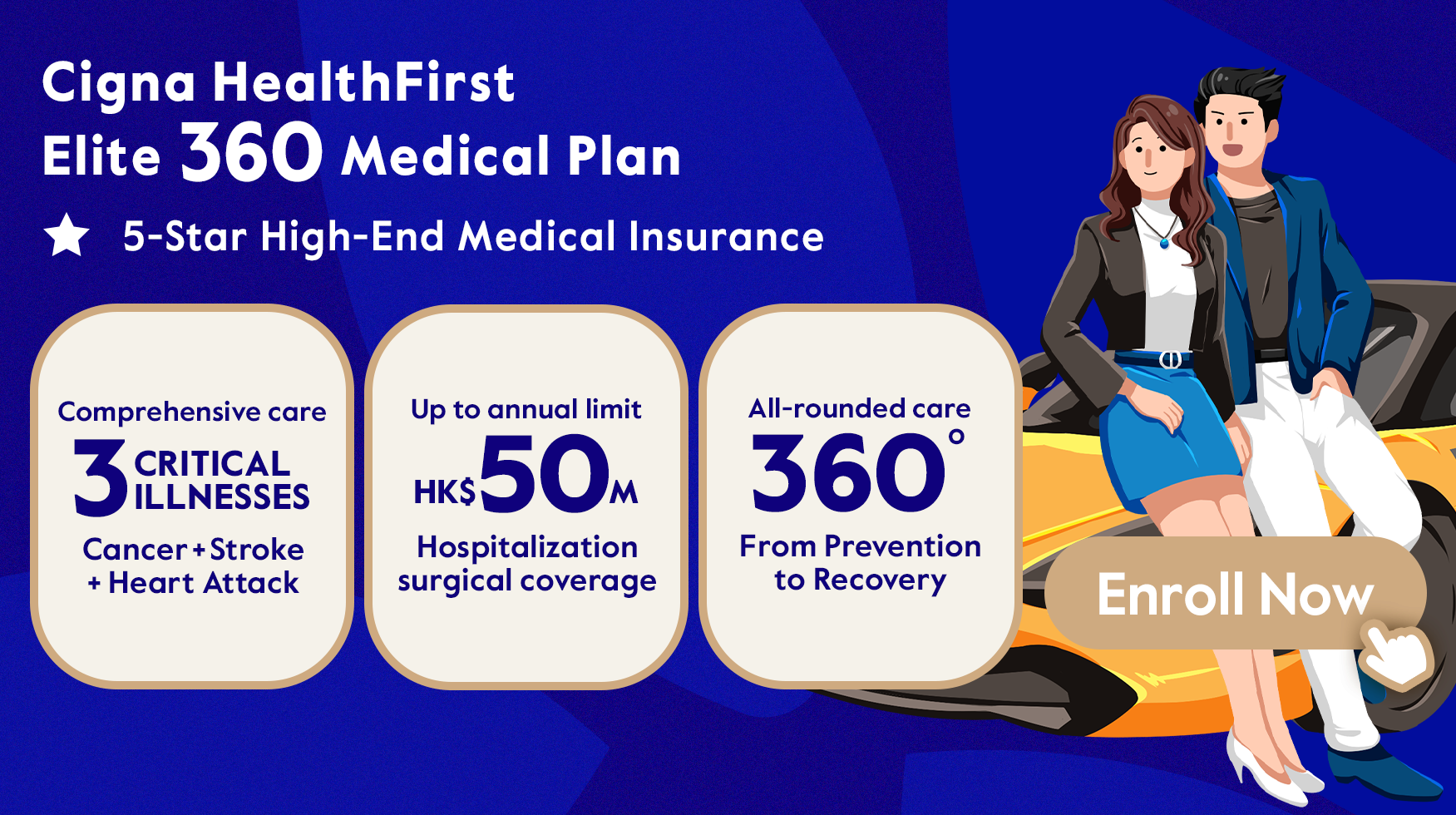Human papillomavirus (HPV) is the most common sexually transmitted infection in the world. People may think that HPV only relates to promiscuity, but the fact is that every sexually active adult, male or female, has the chance of contracting the virus. Furthermore, almost all cervical cancer is caused by HPV, so please know more about the virus, ladies!
What Is Human Papillomavirus (HPV)?
Human papillomavirus (HPV) is a group of more than 100 types of viruses, around 40 of which can infect the genital areas of men and women mainly through sexual contact. These viruses can cause different diseases, including cervical cancer and other types of cancer at the genitals.
What Is High-Risk And Low-Risk HPV?
HPV is divided into two main groups, namely high-risk and low-risk HPV.
- Low-risk HPV types: These types of HPV can cause warts (papillomas). Skin warts appear on your hands and feet when your skin is infected with the virus. However, these HPV types rarely cause cancer and other health problems.
Genital warts, commonly called ‘cauliflowers’ in Hong Kong, refer to those that develop on or around the genitals and anus of both men and women through sexual transmission.
- High-risk HPV types: Persistent infection of these HPV types is the most common cause of cervical cancer. Some high-risk HPV types contribute to mutation and other cancer, such as vaginal cancer and anal cancer.
How Is HPV Spread?
You can get HPV by having vaginal, anal, or oral sex with someone who has the virus. It is most commonly spread during vaginal or anal sex. According to an HKU study in 2012, it has been estimated that the lifetime chance of HPV exposure for any sexually experienced individuals could be as high as 50-80%.
Symptoms of HPV And HPV-Related Diseases
There is no cure for the virus itself, but many HPV infections go away on their own. About 90 percent of cases of HPV infection are cleared from the body by the immune system in two years.
However, persistent HPV infection can lead to numerous critical illnesses, including:
- Genital warts
- Recurrent respiratory papillomatosis (RRP): A rare disorder characterized by the development of small, wart-like growths (papillomas) in the respiratory tract
- Cervical cancer
- less common cancers, such as cancers of the vagina, penis and anus)
- Cancers of the back of the throat, including the base of the tongue and tonsils (oropharynx)
3 HPV Vaccines Available in Hong Kong
Currently, there are three registered HPV vaccines, namely 2-In-1(Cervarix), 4-In-1 (Gardasil) and 9-In-1 (Gardasil). Each vaccine has different functions and vaccination time, so please seek medical advice before getting jabbed.
| 2-In-1 |
4-In-1 |
9-In-1 |
|
| HPV types prevented by vaccine |
HPV 16 & 18 (Covering 70% of cervical cancer virus) |
HPV 6, 11, 16 & 18 (Covering 70% of cervical cancer virus) Prevent vaginal cancer, vulvar cancer, anal cancer and genital warts |
HPV 6, 11, 16, 18, 31, 33, 45, 52, 58 (Covering 90% of cervical cancer virus) |
| Persons Eligible for Receiving Vaccination |
Women aged above 9 years old |
Men and women aged above 9 years old |
|
| Effective Period |
9 years or above |
||
For those without any sexual experience, earlier HPV vaccination results in higher levels of antibodies, but its function varies among sexually active adults.
How to Prevent HPV Effectively?
Vaccination is the most effective measure to prevent HPV and virus-attributed cervical cancer.
You can lower your risk of both by following these tips.
- Get the vaccine before the commencement of any sexual activity for the best effectiveness
- Receive cervical screening regularly
- Practice safe sex (such as using condoms, limiting your number of sexual partners)
- Avoid smoking
Do Vaccinated Women Need Regular Cervical Cancer Screening?
HPV-vaccinated women should still undergo regular cervical cancer screening. This is because they can develop cervical cancer caused by HPV types not included in the vaccine, and the vaccine cannot clear the virus in those already infected. In addition, the cervical screening test effectively picks up the precancerous cell changes, which can be treated to prevent cervical cancer. Therefore, the HPV vaccine cannot replace cervical cancer screening.
HPV Tests and Examination Fees
HPV DNA Test
Your doctor will scrape sample cells from the cervix to look for the DNA of HPV. Generally, the sampling process is painless.
It is suggested that HPV carriers should receive the test again six to nine months later to ensure that no HPV is present in the bodies.
The following are the charges of HPV vaccination at local clinics.
| Organisations |
Fees of HPV Vaccine |
| HPV Vaccine (9-in-1) |
|
| HPV Vaccine (9-in-1) |
|
| HK$7,500 (9-in-1) HK$3,400 (4-in-1) HK$3,200 (2-in-1) |
Cytology Test (Cervical Smear or Pap Smear)
A cytology test is a procedure that checks for the presence of cancerous and precancerous cells from the cervix. Your doctor will insert an instrument (called a speculum) into the vagina to visualise the cervix. A spatula or brush will then be inserted through the speculum to collect cells for further microscopic examination.
If you test positive at the test, you should consult your doctor and have a further check-up. Every sexually active woman should have a pap smear test at least once a year to see if there are abnormal changes in the cervical cells.
Below are the charges of cervical smear at private clinics, public health centres and medical centres in Hong Kong.
| Organisations |
Fees of Cervical Smear |
| HK$100 |
|
| HK$260 |
|
| Hong Kong Sanatorium & Hospital - Department of Women's Health & Obstetrics |
HK$460 |
| HK$500 |
Cigna HealthFirst Elite 360 Medical Plan offers comprehensive and personalized medical coverage across the stage prevention, diagnosis, treatment and recovery, with a range of hospital and surgical benefits, optional insurance benefits with an annual limit of up to HK$50 million, personalized health assessment, three critical illnesses(cancer, stroke and heart attack) all-rounded care and international medical concierge service. A 360-degree total health protection that spans across all the key stages of your health journey. Learn more here.
Source
- 港大研究發現本港女性對HPV測試態度正面但缺乏認識- 新聞稿- 傳媒- 香港大學
- 何謂人類乳頭狀瘤病毒(HPV) ? 怎樣感染HPV? HPV病毒感染會引起什麼健康問題? 什麼是HPV預防疫苗? HPV
- 醫療資訊- 香港港安醫院–荃灣
© Cigna Healthcare 2023
Information provided in this article is intended for health and fitness purposes only and is not intended for use in the diagnosis of disease or other conditions, or in the cure, mitigation, treatment or prevention of disease (see Terms & Conditions for details). Any health-related information found in this article is available only for your interest and should not be treated as medical advice. Users should seek any medical advice from a physician, especially before self-diagnosing any ailment or embarking on any new lifestyle or exercise regime. Any information contained in this article may not be suitable, accurate, complete or reliable. Cigna Healthcare accepts no responsibility for the content or accuracy of information contained on external websites or resources, or for the security and safety of using them. "Cigna Healthcare" and the "Tree of Life" logo are registered trademarks of Cigna Intellectual Property, Inc. in the United States and elsewhere, licensed for use. All products and services are provided by or through operating subsidiaries, and not by The Cigna Group.




